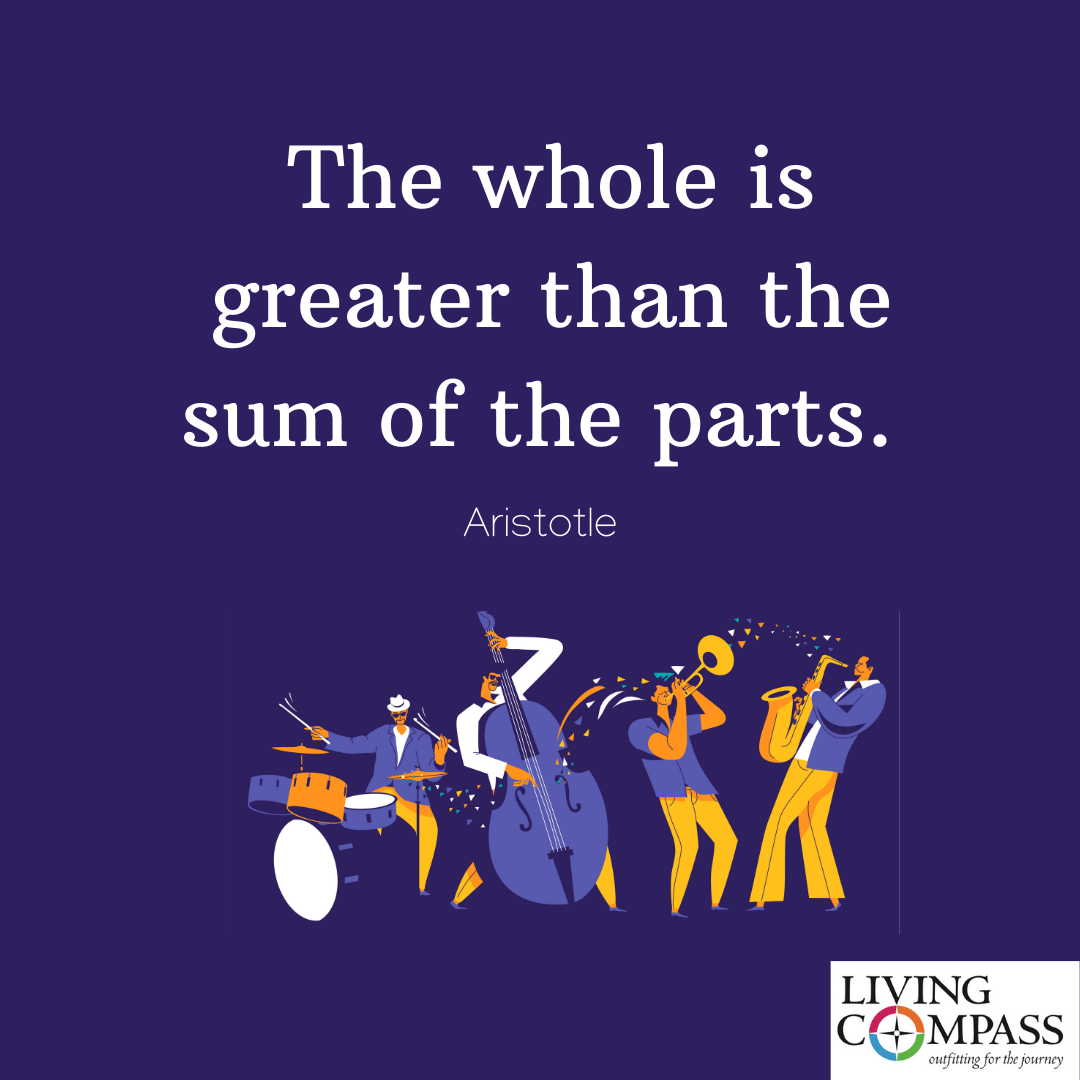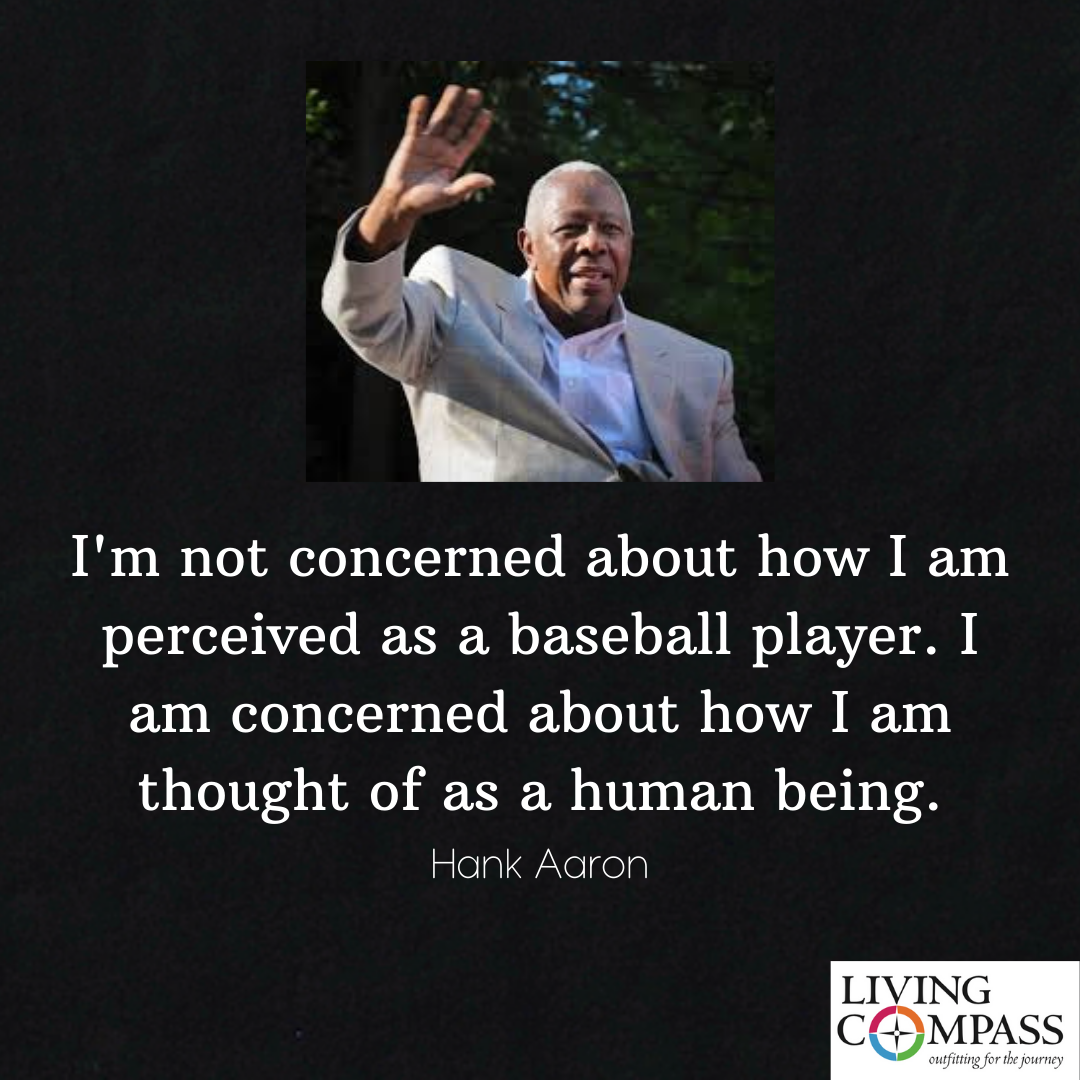Listening to Understand
Person #1 “You’re not listening to me!”
Person #2 “That’s ridiculous. I am listening to you!”
#1 “No you’re not.”
#2 “I should know if I’m listening to you or not, and I’m telling you that I AM listening.”
#1 “No you’re not.”
#2 “Yes I am.”
#1 “No you’re not.”
#2 “Yes I am. And now it’s you who isn’t listening to me!
I have witnessed different versions of the above exchange in my therapy office hundreds of times throughout the years. The two people engaged in such an exchange could be a couple, a parent and child, siblings, friends, colleagues, or any two people who have a significant relationship with one another.
So, who do you think is right in this exchange, person #1 or #2? My perspective is that they are both right…and they are both wrong.
They are both correct in terms of the surface level of what is being said. What they are both missing, though, is listening to the feelings that are underneath the words. When Person #1 says, “You’re not listening to me,” it most likely means they feel alone, misunderstood, and/or unappreciated. When I teach reflective listening, I always teach that the confirmation of the experience of being heard can only be offered by the person who is speaking. Sometimes it takes several attempts by the listener to be able to reflect back to the speaker what they actually mean.
One of our deepest longings is to feel heard and understood. When that longing is not met, we can quickly go into fight or flight mode. While it may be easier to see this behavior in children, it shows up in adult relationships as well. This is because, in the words of author Steven Covey, “We too often are listening to reply, rather than listening to understand.” In our hyper-reactive culture, the practice of careful listening in order to understand is indeed rare.
If Person #2 in the above dialogue wants the other person to feel heard and seeks to listen in order to understand, the conversation might start something like this.
Person #1 “You’re not listening to me!”
Person #2 “It sounds like you are feeling totally misunderstood and not heard. I’d like to change that. Please try again to tell me what you are experiencing, and I will work harder to listen this time. And let’s keep trying until you feel that I truly do hear you.”
With this alternative response, there is a good chance that the trajectory and outcome of this conversation will be quite different than the first example.
I am definitely a work in progress when it comes to being a better listener. I’m guessing I’m not alone in this. I keep working at it, though, because I know there is no greater gift I can give to my family, friends, and colleagues than the gift of listening, not just to their words, but to the feelings behind their words as well.
Subscribe Now to Weekly Words of Wellness:
Click the button below to signup for the e-mail version of Weekly Words of Wellness. This weekly article can be shared with your community electronically and/or used for group discussion.
You can unsubscribe at any time.




